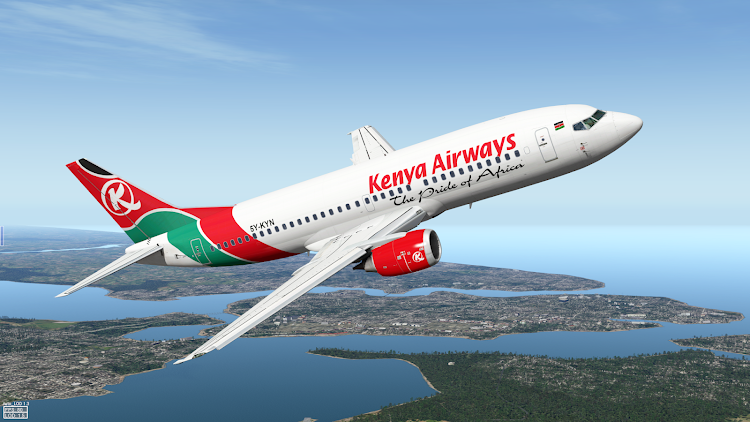According to a report released by the IATA, African aviation is effectively at a standstill. The report states that on May 12th, flights in Africa were operating at just 6% of the level of January this year. Despite the desperate situation, governments in African nations have provided less support than elsewhere in the world. This begs the question; what exactly is the future of aviation in Africa?
The IATA report goes on to say how the total loss of revenue for African airlines totals around $6 billion so far. This means a loss of 3 million jobs in the industry and a further knock-on effect to GDP of losses totalling $28 billion.
Many African airlines have now gone into administration. Air Mauritius, South African Airways, South African Express, and South Africa’s Comair have all already gone under. More could follow suit.
Part of the issue here is that many African governments just don’t have the funds to provide bailout loans to airlines. More economically developed nations can draw on a vast amount of money to provide loans to keep airlines in the air. However, in Africa, money is spent on essential sectors like education, medicine, and security. So, what can airlines do if they won’t get government aid?
With no government to fall back on, some airlines will begin to look to private and or public investors to fund them through the crisis. Generally, investors want some form of control in return for their money. This means airlines may need to consider restructuring. This takes time and money, which most do not have.
Some airlines have received support from airport and air traffic management companies. Several airports in the Seychelles, Ghana, Namibia, and other nations did get some relief, but it isn’t enough. Other countries have been given tax breaks by governments who cannot provide loans but still want to help.
The IATA report also praised the African Development Bank for providing $10 billion in relief funds as well as the African Union for $12.5 million. It also celebrated the union for persuading member states to each assign $4.5 million to help the aviation industry.
As bankruptcies open space in the market, acquisitions, mergers, and rapid growth are all possible. The future of the African aviation industry relies on a few reliable airlines buying or aiding the smaller ones. This may encourage a more coordinated approach to overall growth.
Airlines also need to realize that national borders have suddenly become less critical than continental ones. African nations will need to work together, not only to rebuild their connections to each other, but also to the rest of the world.
But airlines have a big issue standing in their way. Some of the larger airlines such as Royal Air Maroc, Kenya Airways, and Ethiopian Airlines are key players when it comes to supporting the smaller regional and domestic airlines. This is because they fly regular routes to Europe, bringing tourists, trade, and cargo.
If Europe does not open its borders to international flights, these airlines will struggle. If they struggle, they may not come to the aid of their smaller African partners.
The possibilities here are endless; if the carriers can unite and come up with a strategic plan, we may see the rise of a robust African fleet. However, if airlines and governments only help themselves, we will see the development of a vast divide between the large carriers and the smaller, regional ones. This will be exacerbated if Europe closes its borders.
The pressures created by the virus and the economic knock-ons should distil and clarify the strategies of remaining airlines. African aviation could be on the edge of huge developments if they can just get through the next few difficult months. As governments focus on economic recovery, those who support their airlines will do best in the long run.
About Guide2Uganda
Guide2Uganda (www.guide2uganda.ug) is the most comprehensive source of information about Uganda that exists on the web, with more content on Uganda and surrounding towns, attractions, museums and galleries than any other online guide that currently exists for Uganda as well as being a dynamic news and comprehensive events driven site with content being added daily.
According to WeFollow & Peer Index (whom both measure online influence) we are among the most influential online media organizations in Uganda. We were also awarded for ‘’Best Destination Website in Uganda’’ by Jumia Travel Uganda in the 2017-2018 Africa Travel Awards. If you are planning a visit to Uganda you can always reach us on; info@guide2uganda.ug



